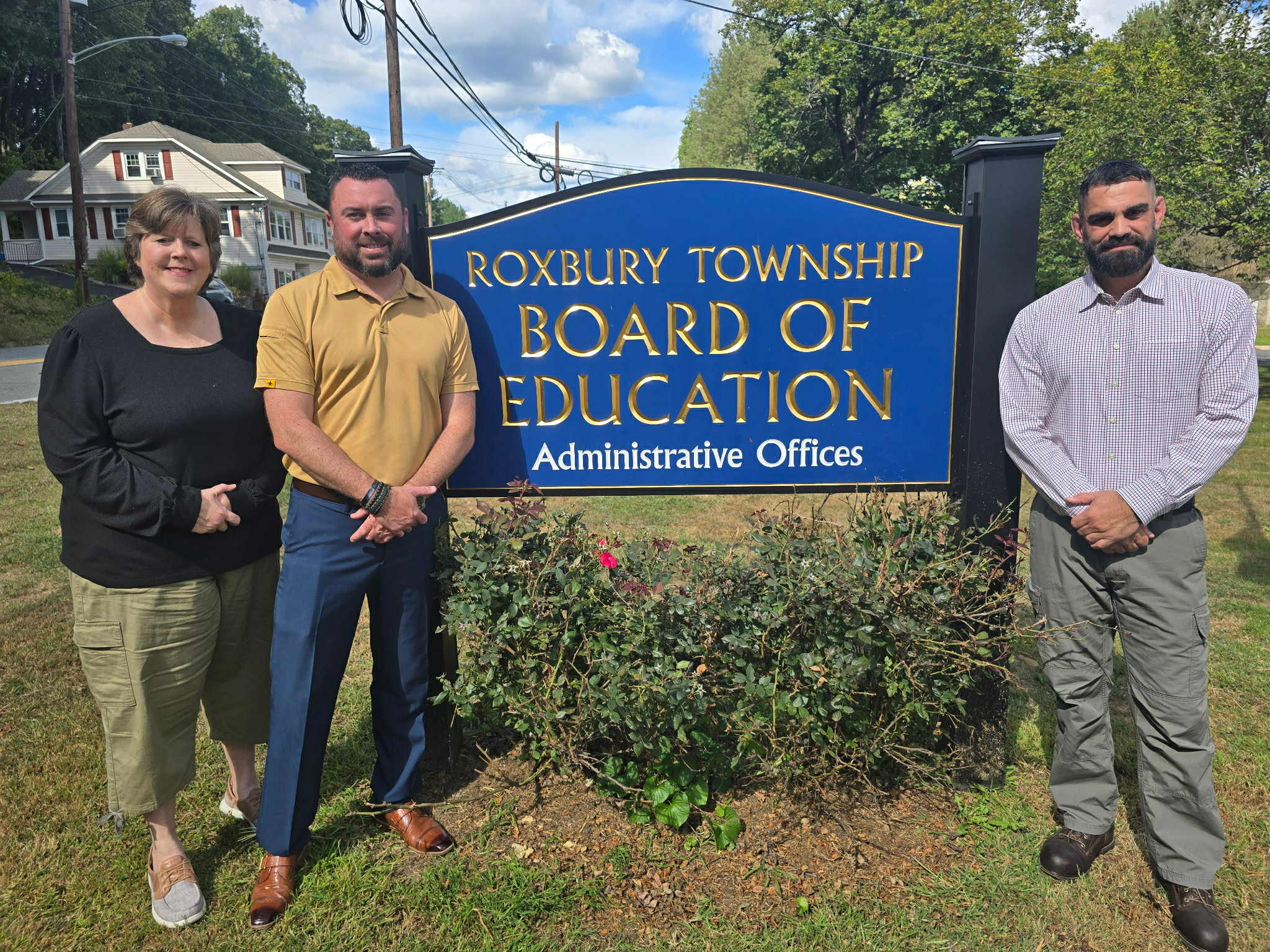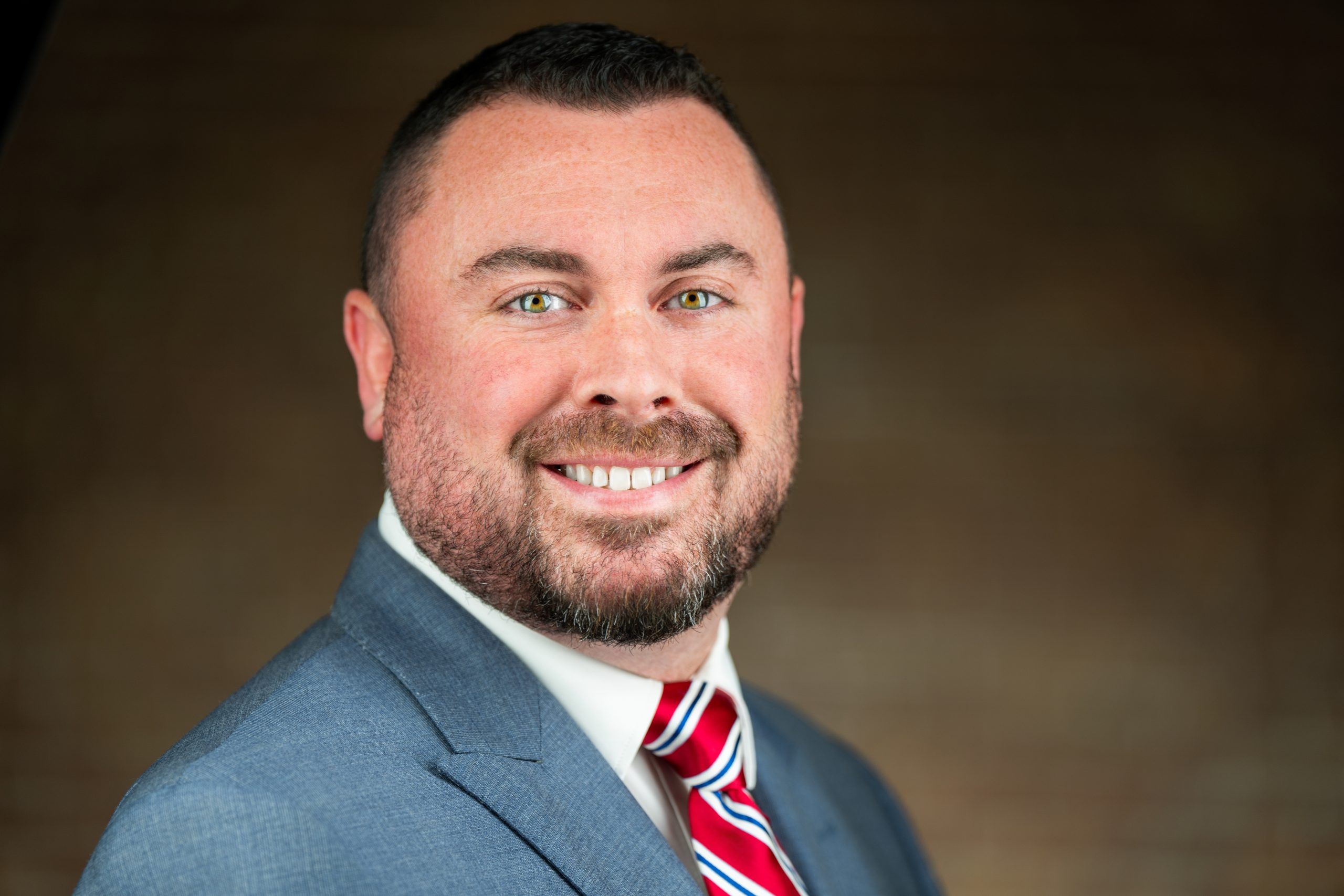
A little more about the issues and what we stand for
FAQs and More!
Budget/S2 Cuts/Teacher Retention/Classroom Size
How is Roxbury affected by the S2 cuts?
-
Roxbury has been deemed as an “overfunded” district by the state of NJ based on the S2 formula which takes into account local property values, household income, and student enrollment. This has caused a budget conundrum for Roxbury. Here’s a breakdown:
State Aid Losses (S2 Cuts)
-
Since 2019, Roxbury has lost $7.7 million in state aid.
-
Cuts far exceeded the $4.5 million originally projected.
-
An additional $416,770 cut was made this year, 2025–26.
-
Equalization aid was eliminated for this year:
-
$5.33M in 2023–24
-
$3.44M in 2024–25
-
$0 in 2025–26
-
Rising Costs
-
Insurance & transportation: + $750,000
-
Health benefits: +15% ($2.13M)
-
Teacher salaries: +3.4% ($1.6M) — which is a very modest amount
-
Special needs out of district placements: + $1.3M (mandated by state and federal laws – FAPE and IDEA)
Impact on the District
To cope with these losses, Roxbury has been forced to:-
Cut school budgets by 10%
-
Reduce curriculum funding
-
Leave 15 staff positions unfilled
-
Eliminate the assistant superintendent position
-
Use reserve funds, grants, and IDEA funds
- Scale back Chromebook upgrades
-
Did any of the teachers lose their jobs as a result of these cuts?
No, most of the jobs “lost” were through attrition such as resignations and retirements. No teachers or staff members in good standing lost their job.
How much are my taxes going up this year as a result of the budget shortfall?
According to the budget presentation given by Joe Mondanaro at the special budget session on April 7th, the new school tax rate is 1.836 percent. Last year’s school tax rate was 1.745 percent. That means the owner of a $400,000 home, who paid $6,980 in school taxes this year, will pay $7,344 under the new spending plan, a 5.22 percent increase to the school tax levy, which amounts to about $364 for a Roxbury homeowner with a home valued at $400,000.
However, been way worse, other districts voted for these tax hikes:
- Freehold Regional School District: 8.7% tax levy increase
- Howell: 7%
- Jackson Township: 9.9%
- Toms River:
– The most recent budget (for fiscal year 2025-26) includes a 12.9% school tax levy increase that the state forced on the Toms River school district after the Board rejected the budget.
– This follows a previous increase of 9.3% for the year before.
– So over two years, that amounts to a ~22% cumulative increase. - Neptune: approximately 20-25% plus:
– Cutting over 100 staff positions over the last several years.
– Reducing the district’s footprint by closing facilities and consolidating services.
– Increasing class sizes to accommodate budget constraints.
– Implementing cost-saving measures in areas such as utilities and supplies - Asbury Park:
– 2023: The district raised its tax levy by 31%.
– 2025: The tax levy increased by nearly 47%, resulting in a total levy of $38.1 million to cover a $63.7 million operating budget.
In addition to raising taxes, Asbury Park has implemented several cost-saving measures, including:
-
Staff Reductions: The district has laid off over 100 staff members in recent years to reduce expenses.
-
Property Sales: The district is exploring the sale of school properties, such as the Obama School building, to generate additional revenue The Coaster.
-
Advocacy for Charter School Reform: The district has advocated for changes in charter school funding, as it pays approximately $12 million annually for charter school tuition, which significantly impacts its budget
What are some things that could possibly help us in the future?
To address rising special education costs, the district is exploring in-district programs that provide the same high-quality services at a lower cost, while potentially attracting tuition-paying students from other towns. We are also reviewing opportunities to share transportation contracts with neighboring districts and pursuing additional cost-saving and revenue-generating initiatives.
The Roxbury Education Foundation (REF) is a 501(c)(3) nonprofit with a team of volunteers dedicated to raising funds for the Roxbury School District teachers and administrators. They are committed to creating a supportive and encouraging environment for teachers and students. REF can fill in the gap for a variety of things such as development and training, enrichment & intervention technology, support for students’ executive functioning needs, and items that offer a multi-tiered system of support (MTSS).
Other Issues:
What is our position on SEL (Social/Emotional) Learning?
Our team believes that social-emotional learning (SEL) can play an important role in helping students develop empathy, resilience, and healthy coping skills. However, programs promoted by organizations like CASEL often overstep by attempting to replace or minimize the role of parents in guiding their children’s emotional and social development. We are committed to ensuring that SEL in our schools supports children without undermining parental involvement, keeping families at the center of decisions about values, boundaries, and character education.
What is our position on Standardized Testing?
We believe that while standardized testing is mandated by the state, it represents only one measure of a student’s progress. Standardized tests do not always fairly reflect the abilities of students who struggle with test-taking, those who learn best through hands-on or visual methods, or children with disabilities who require additional time. We fully support a parent’s right to opt their child out of testing and reject ‘teaching to the test’ as an effective educational strategy. Instead, we focus on helping students truly understand concepts, think critically, and solve problems—skills that naturally lead to success on assessments. Working collaboratively with the superintendent, we aim to find strategies to identify and address any learning gaps revealed by test results, ensuring every student receives a high-quality education and the opportunity to succeed.
What is our position on technology and learning?
We believe that our schools need to strike a thoughtful balance between using technology as a powerful learning tool and preserving the benefits of traditional, hands-on education. We recognize the importance of keeping students safe and connected in the event of an emergency, while also minimizing distractions from phones, texts, and notifications during class. At the same time, we are committed to fostering a love of reading and encouraging students to engage with real books, cultivating critical thinking and imagination, rather than spending excessive time on screens or gaming. Our goal is to prepare students to thrive academically, socially, and emotionally in a world where technology is a tool—not a replacement for real learning.
What is our position on book placement in the library?
We are committed to ensuring that all materials in school libraries and classrooms are age appropriate. We DO NOT believe in banning books. Rather, we support placing books that may not be suitable for all students behind the counter, where they remain accessible to the appropriate audience and to students whose parents or guardians approve of them, which is the reason that Milde and MacGregor-Nazzaro voted to have them placed behind the counter.
We want to emphasize that the recent book discussions have nothing to do with LGBTQ+ content. The books in question were placed behind the counter solely due to sexually mature content; there are approximately 110 other titles in the high school library that include LGBTQ+ themes.
We also support a fair and transparent book-review process for any concerns. This process should involve a panel—including students when appropriate, a balanced group of parents representing the community, and educators and staff—who read the book and vote on its placement. Parents and the community should be represented to ensure the process is fair, balanced, and available to anyone who raises a concern.
Finally, we recognize that students today read less than ever, and we must work to encourage reading overall, fostering a love of books while ensuring materials are appropriate for the intended audience.
What is your stance on School Choice?
We recognize that school choice is gaining momentum across the state and may soon become the law of the land. While we respect the right of families to make the best decisions for their children, we also know that school choice can take away valuable funds from our district. That’s why our focus is on making sure our schools are the very best option—not just for our own students, but also for families in surrounding towns. By offering innovative programs, strong academics, and a safe, supportive environment, we can keep enrollment strong and continue to provide the high-quality education our community expects and deserves.
However, we are being elected to serve our district, Roxbury, and our goal is to ensure that no student in our town ever feels the need to choose another district. That commitment is exactly why we are running for the Board of Education—to keep Roxbury schools strong, competitive, and the first choice for every Roxbury family.
Board Governance
Who makes the guidelines for school board committees in NJ and what they can and cannot report in a public meeting?
1. New Jersey Legislature/State Statutes
The basic legal framework comes from state law. Key among these is the Open Public Meetings Act (OPMA) (also called the “Sunshine Law”) — N.J.S.A. 10:4-6 et seq. The legislature has passed laws that define what meetings must be open, when you can hold closed sessions, what “public bodies” are, etc.
Also, parts of law that concern personnel matters (e.g. confidentiality, privacy of individuals, legal privileges) limit what can be shared. These are in the same statutes.
2. State Regulations/Case Law
Some rules are shaped by court decisions interpreting those statutes: what “open meeting,” “public business,” “executive session,” etc., mean in practice. If there’s litigation or precedent, that adds guidance. Also, regulations (sometimes from the Department of Education or State Board) may supplement.
3. New Jersey School Boards Association (NJSBA)
While NJSBA is not a law‐making body, it provides guidance, best practices, policy templates, training, etc., for school boards. Boards often rely on the NJSBA to interpret how to comply with OPMA, how to run committees, what to report, etc. Its guidance draws on the statute and legal precedents.
4. Board Policy/Local Board Bylaws
Each local board of education typically has its own bylaws/policies (which may be influenced by NJSBA templates) that set rules for how committees operate, how reporting works, how confidential items are handled, etc. The local board policy must comply with state law but can set more specific procedures.
5. Federal Laws/Privacy Laws
For matters involving student information, employee personnel records, etc., federal law (e.g. FERPA for student privacy) or other relevant legal/privacy protections may limit what can be reported. If state or federal law says something must stay confidential, that overrides what a committee or board might otherwise wish to report.
What These Sources Say/How They Establish What Can and Cannot Be Reported
Here are some of the key legal/statutory constraints:
-
Under OPMA, meetings of “public bodies” (which includes school boards and many of their committees when they act as voting bodies) must be open to the public except in certain circumstances.
-
There are exceptions for closed sessions (executive sessions), including but not limited to: personnel matters (such as appointments, evaluations, disciplinary actions), matters which, by law, statute, rule, should be confidential, matters involving privacy of individuals, or pending or anticipated litigation.
-
The law requires public bodies to provide public notice of meetings, have agendas, keep minutes. What is put in the public minutes and reports must be consistent with what is permissible under law (i.e. not disclosing what was done in an executive session if law says that must remain confidential).
Sources:
Open Meetings Laws in New Jersey | Digital Media Law Project
New Jersey Revised Statutes Section 10:4-12 (2024) – Meetings open to public; exceptions. :: 2024 New Jersey Revised Statutes :: U.S. Codes and Statutes :: U.S. Law :: Justia
Committee Reports: What can and cannot be reported in a public meeting.
What Committee Members Can Report according to NJSBA guidance:
-
Committees should present a report on their most recent committee meetings, so the public is aware that the committee has met, and what topics the committee is addressing.
-
Reports usually include:
1. Statement of the committee’s charge
2. Background materials and discussion of issues considered by the committee. (What was discussed, context, rationale)
3. Any recommendations submitted for action, tied to the committee’s charge. Best practices say to use a committee report form after each meeting, distribute meeting notices, and distribute the report.
What Committee Members Should Not / Cannot Report Publicly
There are limits, mainly governed by law and policy (including ethics, confidentiality, and privacy). Some things that committee members must not disclose, or report publicly include:
-
Confidential matters that were discussed in executive/closed session (e.g. student matters, personnel evaluations, legal strategy, negotiations, security issues) unless legally required or the subject gives permission. The Open Public Meetings Act allows closed sessions for certain topics.
-
Evaluative aspects of an individual staff member’s employment (their performance, etc.), unless the employee authorizes it.
-
Personal or private information about students or staff that is protected by privacy laws.
-
Disclosures that could violate attorney-client privilege, or compromise negotiations or other processes where confidentiality is required.
Summary / Practical Takeaway
So, in practice, a committee member can report:
-
The fact that the committee met
-
What topics were discussed in general terms
-
The committee’s charge or purpose
-
Any recommendations made or actions the committee is seeking approval for
But they shouldn’t share:
-
Sensitive, private, or confidential details
-
Evaluation or performance metrics of individuals (unless approved)
-
Anything that was agreed to be kept confidential (by law, board policy, or another binding rule)
Sources:
Board President’s Corner: What Are the Pros and Cons of ‘A Committee of the Whole’ – New Jersey School Boards Association | New Jersey School Boards Association
NJSBA delegate-assembly-bylaws.pdf
NJSBA Committee 2020 PowerPoint Presentation
https://www.njsba.org/news-information/school-board-basics-frequently-asked-questions
Why are personnel committee reports different than other committee reports?
According to NJSBA guidance (and New Jersey law), Personnel Committees are a bit different from other committees because much of their work involves confidential matters. Here’s what that means in practice:
What Personnel Committee Members Can Report Publicly
-
That the committee met and reviewed personnel items.
-
That the committee discussed recommendations (in general terms) from the superintendent or administration.
-
That the committee is bringing personnel recommendations to the full board for consideration/approval.
-
General policy-level issues related to staffing (e.g., reviewing job descriptions, discussing overall staffing needs, considering contract language, etc.).
What Personnel Committee Members Cannot Report Publicly
-
Individual employee performance, evaluations, or disciplinary matters. These are confidential by law.
-
Names or identifying information of candidates, unless formally recommended to the full board in the agenda.
-
Details of negotiations, grievances, or legal/HR issues discussed in committee or executive session.
-
Anything that would violate employee privacy rights, attorney-client privilege, or board confidentiality.
Why This Matters
-
The Open Public Meetings Act (OPMA) requires that personnel issues be discussed in closed session to protect individual privacy.
-
The board only acts as a whole, so personnel committee members cannot pre-announce decisions — only report that recommendations will be considered at the full board meeting.
-
NJSBA stresses that personnel committees should serve as a screening/review body, not as a decision-maker — final authority always rests with the full board.
Bottom line:
A personnel committee report should be very high-level — here is an example of a sample committee report that falls within the NJSBA guidelines:
“The Personnel Committee met on [insert date] with the Superintendent and administration. The committee reviewed personnel matters including staffing updates, recommendations for new hires, resignations, and other personnel actions. All recommendations discussed are being presented to the full Board this evening for consideration and approval. The committee also reviewed general staffing needs and policy-related matters pertaining to personnel. No further action was taken by the committee.”
This way, you:
-
Confirm the committee met
-
Note the broad categories reviewed (without naming individuals or sharing confidential details)
-
Make clear that final action rests with the full board
No specific names, details, or confidential discussions should be shared until they are formally on the agenda and publicly approved.
According to these policies, these reports cannot contain information on staff morale, teacher/staff/paraprofessional shortages, teacher/staff issues, or any type of compensation or insurance issues — which is why these issues have not been addressed on the committee reports that have been shared in the public board meetings.
Have a question for us? Feel free to ask us! Email us at dmn4roxboe@gmail.com OR post to our Facebook page or Instagram account! We will do our best to answer questions within 24 hours. We will post the questions and answers asked by email here. Note: we WILL NOT be answering questions on any of the town Forum pages or getting involved in any back-and-forth activity there, for the good of the campaign and transparency.
Meet the "Education Above All" Candidates
Vote 1-2-3 For Roxbury BOE

Sharon MacGregor Nazzaro
Learn More

Chris Milde
Learn More

Adam DelGuercio
Learn More
